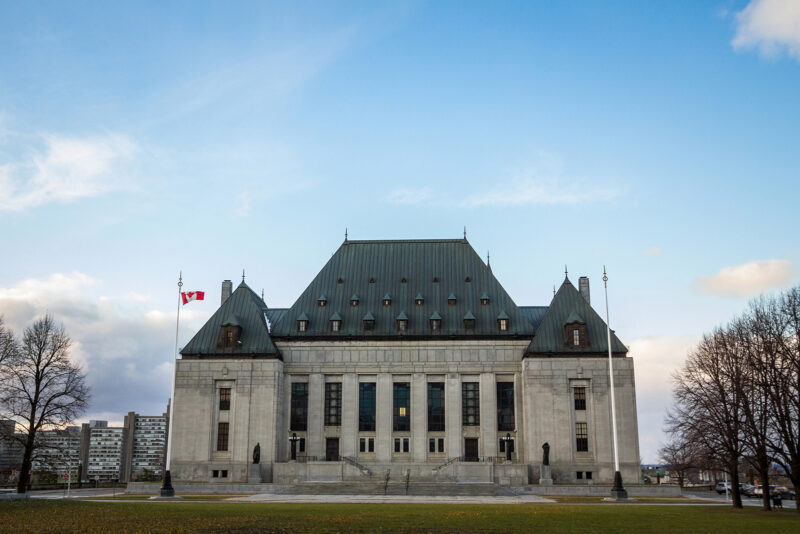One clear objective of Nasa’s Artemis missions is to bring about a permanent presence on the Moon that will include commercial and industrial projects. The potential for commercial and industrial activity on the moon is well-known. The range is vast, including the extraction of oxygen from lunar debris (regolith), solar farming, the extraction of hydrogen and water, the extraction of minerals (including critical minerals) and their use as building materials. Activities on the moon are seen as key to paving the way to human presence on Mars, including by having certain resources already present on the moon to facilitate their use and transport at a lesser cost to Mars.
Continue readingIP Protection in the Artemis Era: Will Rights be Lost in Space?





